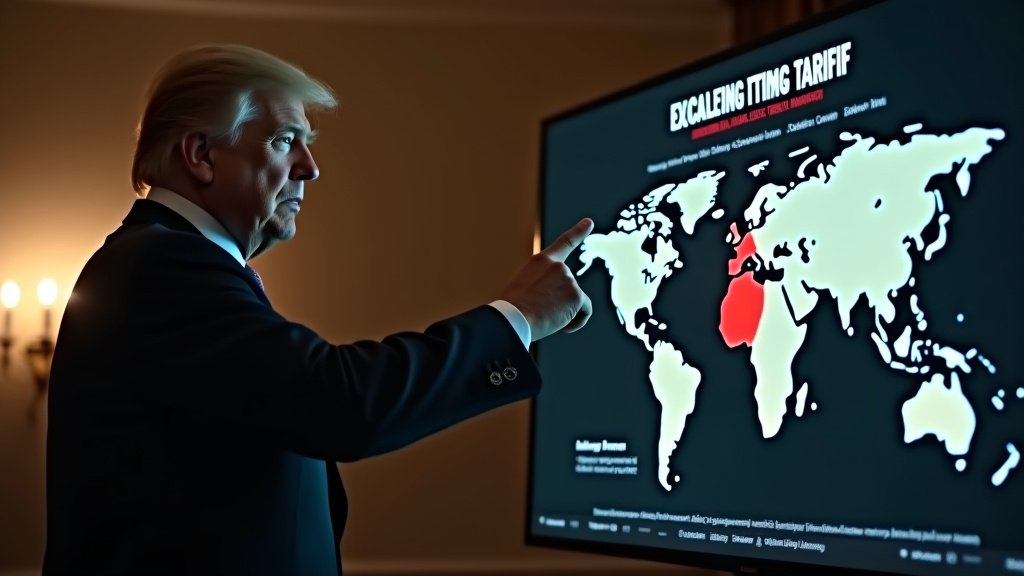In a significant display of solidarity, a coalition of forty prominent news organizations has issued a joint plea to the White House, urging a reversal of its decision to ban The Associated Press (AP) from covering certain media events. This unprecedented unity stems from a dispute centered on a geographical naming convention and escalated by punitive action from the administration of President Donald Trump.
The Naming Dispute
The core of the conflict lies in the Associated Press’s refusal to adopt the name “Gulf of America” for the body of water situated between Florida and Texas. President Donald Trump has reportedly insisted upon this renaming. The AP, however, maintains its standard practice of using the internationally recognized and historically established name, the Gulf of Mexico. This adherence to conventional terminology, recognized for approximately 400 years, is cited by the AP as essential to its function as a news organization serving a global audience.
White House Actions and Media Reaction
The administration’s response to the AP’s non-compliance has been to restrict the news agency’s access to key presidential activities. The Associated Press has been barred from covering specific media events, including those held in the Oval Office and aboard Air Force One, until it accedes to the President’s directive regarding the naming of the gulf.
This restriction prompted the collective action from the broader news industry. Forty news outlets, representing a diverse spectrum of the media landscape, including The New York Times, The Washington Post, NBC, CNN, The Wall Street Journal, Fox News, and even the conservative outlet Newsmax, joined forces to voice their concerns.
A United Front
The letter sent by these news organizations to the White House underscored the shared principle of journalistic independence and the importance of press access. While differing vastly in editorial stances and political leanings, these outlets found common ground in opposing what they view as governmental pressure intended to dictate journalistic language and practice.
Notably, Newsmax, an outlet generally considered supportive of President Trump, publicly stated its support for the AP’s right to determine its own language. The network cited concerns about the potential precedent being set, expressing apprehension that a future administration, potentially one of a different political persuasion, could employ similar tactics to ban them or other news organizations based on disagreements over language or editorial choices.
Perspectives on Press Freedom
Lauren Easton, a spokeswoman for the Associated Press, articulated the news agency’s perspective on the situation. She characterized the White House’s actions as an instance of the government attempting to dictate language to the press and subsequently retaliating when faced with non-compliance. This view frames the dispute not merely as a semantic disagreement but as a fundamental challenge to the autonomy of the press.
The AP’s commitment to using “Gulf of Mexico” is rooted in its global role. As a primary source of news for outlets around the world, consistency with international naming conventions and historical usage is paramount for clarity and credibility. Shifting to a name like “Gulf of America,” which lacks international recognition, would contradict this core principle.
Implications and Uncertain Future
The collective stand taken by such a broad coalition of news organizations highlights the gravity with which the industry views the White House’s actions. It signals a willingness among competitors to unite in defense of what they perceive as essential press freedoms and access rights.
The original article detailing this development, written by Tom Jones, posed a critical question regarding the potential impact of the news outlets’ unified letter on the White House’s position. Whether this collective pressure will lead the administration to reconsider its ban on the AP remains uncertain. The situation continues to underscore the ongoing tension between the executive branch and the press, particularly concerning access and editorial independence.
This dispute, while seemingly focused on a geographical name, has evolved into a significant test of the relationship between the White House and the news media, raising fundamental questions about governmental power to influence journalistic standards and retaliate against organizations that do not conform to its directives.











